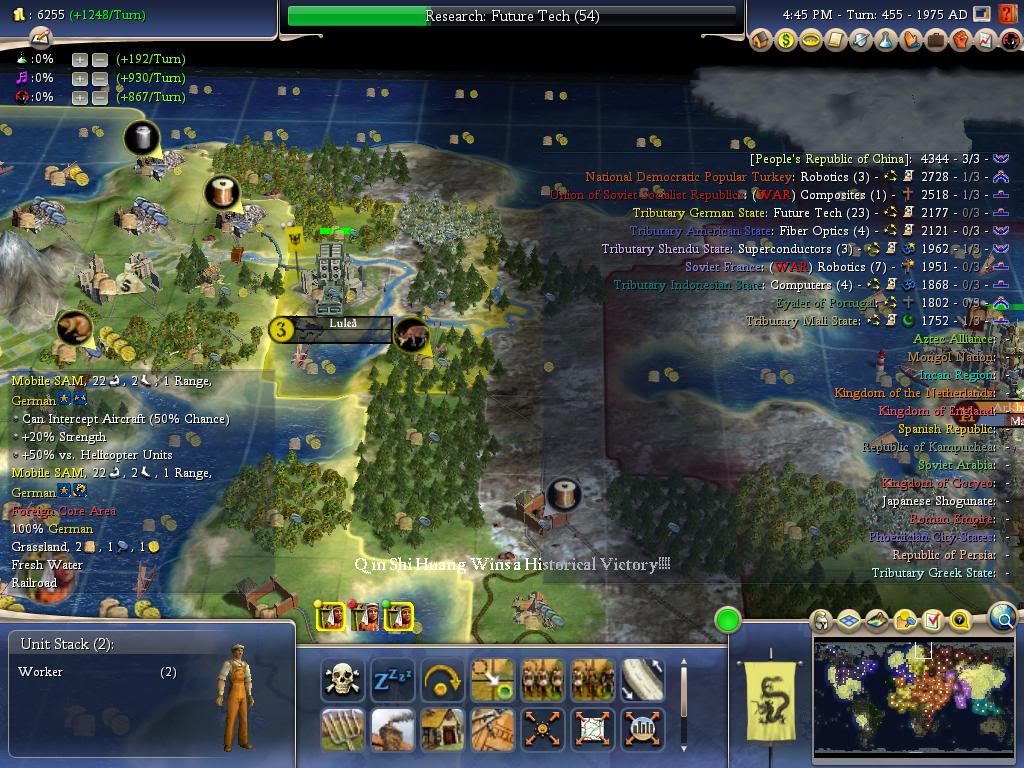Time: August 22'nd, 1330 AD
Place: Amsterdam
Location: Capitol Building of the United Netherlands Sovreign Nation
August 22'nd started out as many such days in a crowded capital building with one key displacement. The Emperor Maximus IX had arrived in the Netherlands to work out a massive trade agreement that would be mutually beneficial for all parties involved.
On the way to the third day of meetings hosted between King Adelbard and Maximus IX, Maximus proceeded alone to the building unescorted by bodyguards.
A fatal mistake.
Barely two hundred meters from the plaza into the Capital Square, Maximus was attacked by seven assailants of unknown origin. Maximus was stabbed ten times in the gut, but managed to wrench the sword out of an assailant's hands and kill two of them before having his left arm cut off in a savage strike. Maximus proceeded to kill the assailant that did that piece of work, and strike at another, with the onslaught physically breaking the sword. Two assailants retreated quickly, with Maxiums strangling the fifth to death and hobbling after the other two attackers before falling down to the ground and dying due to blood loss.
Or as he preferred to call it,
murder fuel.
In a cruel twist of fate, Maximus's own tomb had been finished that very day and ready to accept the Emperor's body upon his death.
Needless to say an investigation followed rather quickly into the matter of the assassination of one of the world's most prominent leaders.
An investigation headed by Marcus Vasshus of the upper Patrician class in Mediolanium discovered that the assassins had been radical Dutch militant mercenaries. A paper trail also discovered by Marcus and a party of patrician members led back to the highest echelons in the Netherlands government.
This gave the perfect cassus beli to attack the Netherlands Dominion.
A merchant caravan traveling across the Middle East with the son of Emperor Maximus, Tiberius, is stopped and told of the news from the West. Tiberius quickly goes back to Roma to prevent political factions from doing anything reckless.
There is reason to believe that at this time, Marcus Vasshus and other patricians had the Emperor Maximus killed because of his policies and miscellaneous ventures into taxing the upper class and restricting their power. At the time though, many people believed that the Netherlanders had been responsible for the attack. Roman troops march forward in the name of their dead Caesar.
A giant Roman army numbering in the hundreds of thousands sits outside of Amsterdam, waiting patiently for the people of Amsterdam to starve. The Netherlands however is receiving outside support from third party Viking and English merchants interested in protecting their assets in Amsterdam from the Roman policy of seizing any third party goods found in a captured settlement.
Tiberius is personally leading the men as Emperor Tiberius I, eager to bring Dutch blood out and center upon his sword.
The First Battle for Amsterdam swings in favor of the Romans for this time, though their success has been met with a bloody price. Five Roman generals are killed, as well as a tenth of the officer corps and the centurions. Tiberius himself has three swallow tail arrows embedded in his skin that are forced through the body because the tails would literally cause bigger exit wounds than the entry wounds with their cruelly curved blade tips.
Roman losses:
23,000 infantrymen
(Legion IX, XIII, XIV, wiped out. Legions XXIX, IV, III, XXXI suffer fifty percent losses)
4,000 cavalrymen
42 Siege Engines
5 Roman Generals
(Marcus Vasshus, Lyle Crassus, Pierre Capalone, Hans Delgado, Geoffrey Burnse)
1 wounded Emperor
Netherlands Losses:
56,000 infantrymen
7,564 archers
120 light cavalry scouts
7,000 civilians
4 fishing boats
around 60% of officer corps
2 generals (unknown)
While fighting grips the front, people pour their determination and last obligations to the dead Emperor Maximus IX and build the construction projects he wanted to have built in these places.
Next time, on Rome: The Conquering Empire
The fight for the Netherlands heats up as contesting rivalries between the remaining Roman generals heats up, and tempers flare as heavy losses on both sides continue.





 ? IMO they overburden the pictures and viewers...
? IMO they overburden the pictures and viewers...










































